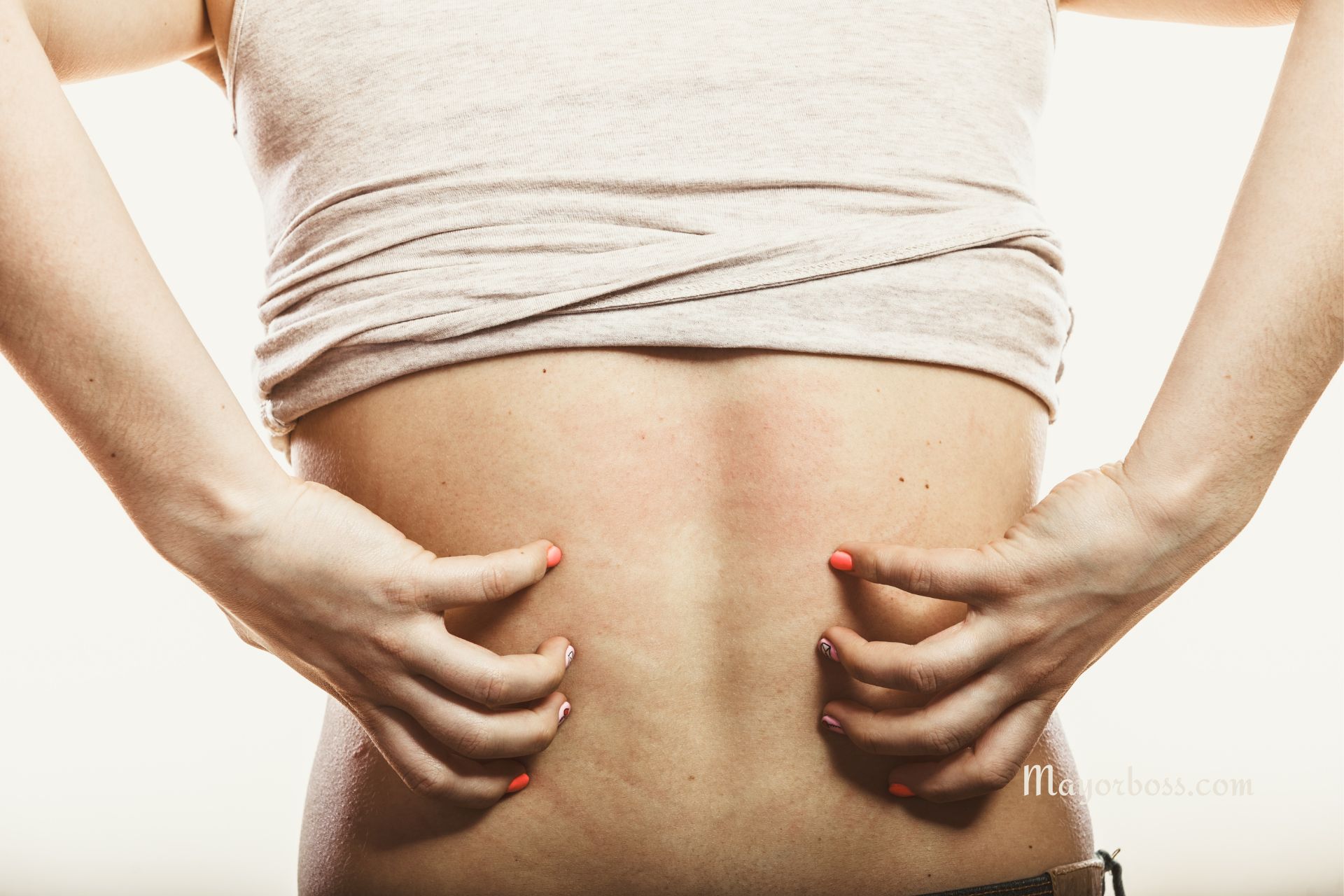Why Does Your Skin Get Uncontrollably Itchy After You Shower?
Itchy skin after a hot shower is frustrating and leaves you wondering why something meant to feel good can be so irritating. There are several reasons why hot showers can trigger an itchy spell, and some are more serious than others. Here’s a look at what could be behind your post-shower itching and the solutions you can use to find relief.

Common Causes of Post-Shower Itchiness
1. Dry Skin (Xerosis Cutis)
The most common reason your skin becomes itchy after a shower is plain old dryness. The hot water and soap you use to get clean strips your skin of its natural oils. These oils are important for keeping your skin hydrated and supple. When your skin is dry, it feels tight and itchy and may even flake or crack.
- Solution:
- Limit your showers to 5-10 minutes to minimize the time your skin is exposed to hot water.
- Use lukewarm water instead of hot.
- Use a gentle, fragrance-free, moisturizing cleanser.
- Apply a thick, fragrance-free moisturizer immediately after showering while your skin is still damp.
2. Hard Water
If you live in an area with hard water, the mineral deposits left behind can dry out your skin, especially when combined with hot water and soap.
- Solution: Consider installing a water-softening shower filter. This will remove the minerals that cause dryness.
3. Harsh Soaps and Cleansers
Many cleansers contain harsh ingredients that can irritate your skin and accelerate moisture loss. Soaps with strong fragrances or additives are particularly likely to be irritating.
- Solution: Switch to a fragrance-free soap that’s labeled as gentle, hydrating, or made for sensitive skin. Look for ingredients like glycerin, hyaluronic acid, and ceramides, which are all moisturizing.
4. Skin Conditions
Certain skin conditions can make you more prone to itchy skin after a shower:
- Eczema: Those with this condition experience dry, inflamed skin and can frequently suffer from itchy flare-ups.
- Psoriasis: This condition causes a buildup of thick, scaly skin cells, which can be itchy and irritated.
- Other skin conditions: Various less common skin conditions can also lead to itching.
- Solution
- If you suspect an underlying skin condition, see a dermatologist for diagnosis and treatment.
5. Aquagenic Pruritus
This condition, luckily quite rare, causes intense itching when your skin comes in contact with water. It happens regardless of water temperature. There’s no rash or visible skin changes. Doctors aren’t sure what causes aquagenic pruritus, but it may be related to a mast cell disorder (mast cells are involved in allergic responses).
6. Cholinergic Urticaria
Also called ‘heat hives,’ this condition can be triggered by an increase in body temperature, including from a hot shower. It causes intense itching along with small, itchy bumps (hives).
7. Polycythemia Vera
This is a blood cancer that causes your body to produce too many red blood cells. A symptom for many people is itchy skin after bathing, often described as a ‘prickly’ sensation.
Diagnosing the Problem
If you find that simple strategies like moisturizing and switching soaps don’t help your itchy skin, see your doctor. They can help determine the cause and recommend appropriate treatment.
Frequently Asked Questions
Q: Does the temperature of the water matter? A: Absolutely! Hot water is more drying than lukewarm water. If you’re prone to itchiness, always use cooler water for your showers.
Q: Are long showers or baths worse? A: Yes. The longer your skin is exposed to water, especially hot water, the more natural oils will be washed away and the more your skin will dry out.
Q: Can anything else trigger itchy skin besides showering? A: Yes, many things can trigger itchy skin, including dry air, certain fabrics (like wool), allergies, bug bites, and some medications.
Take Care of Your Skin
Your skin is an important organ. Following these tips and working with your doctor, if needed, will help you keep your skin healthy and comfortable and banish that annoying post-shower itch!
